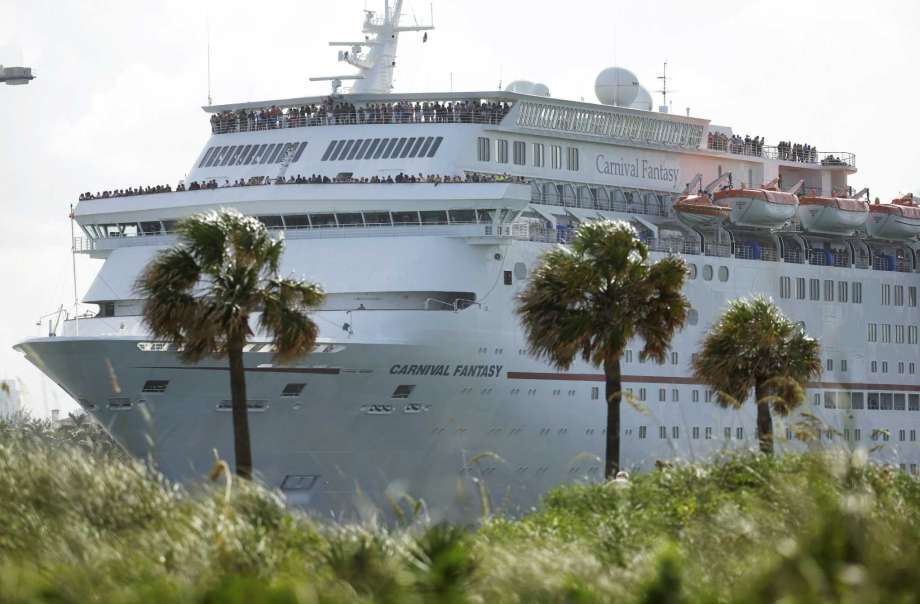Earlier this month on October 14th, an 8-year-old girl tragically fell from a cruise ship and died, raising concerns “about the safety of potential passengers traveling with children.” The young girl was Zion Smith, a native of the Bahamas. During the accident, she “fell two stories from an interior deck on the Carnival Glory to another deck below while the cruise ship was docked at Port Miami,” according to Miami Dade Police Department.
Earlier this month on October 14th, an 8-year-old girl tragically fell from a cruise ship balcony and died, raising concerns “about the safety of potential passengers traveling with children.” The young girl was Zion Smith, a native of the Bahamas. During the accident, she “fell two stories from an interior deck on the Carnival Glory to another deck below while the cruise ship was docked at Port Miami,” according to Miami Dade Police Department.
According to police reports, Zion “had been waiting to disembark with her family about 8:15 a.m. and was watching from a railing with her little brother as another crowd disembarked below when she fell.” After being rushed to the ship’s medical center, she was later transferred to a nearby hospital where she died.
So how did the accident occur? Could it have been prevented? For starters, a spokeswoman for the cruise line, Jennifer de la Cruz, said in a recent email that the fatal fall “appears to be an accident and that the railing where the girl is believed to have fallen was 47 inches high.” In an effort to reassure other families thinking about taking their children on a cruise, she added, “We hold broad appeal to the family market based on the fun, safe and secure vacation experience we provide,” and explained that “Carnival carries more families than other cruise lines in the world: an estimated 800,000 children are expected to sail with the line in 2017.”

Others agree with Cruz, including Carolyn Spencer Brown. Brown is the editor of Cruise Critic, “an online publication that carries news and consumer reviews of cruises.” When commenting about the tragic accident, she said, “while these incidents can be quite scary, it’s important to remember that the number of these cases are quite low, as compared with the number of worldwide travelers each year.” She did, however, point out that parents should still exercise a level of caution when taking their children on a cruise. Oftentimes “cruise lines do not have lifeguards at onboard swimming pools, so it’s swim at your own risk.”
That being said, all cruise lines “operating in the United States must adhere to federal and international laws,” including abiding by U.S. Coast Guard regulations and “the International Convention for the Safety of Life at Sea, which is overseen by the United Nations’ International Maritime Organization.”
Additionally, even though “passenger capacity grew by nearly 42 percent” between 2009 and 2016, the regulations, laws, and safeguards in place have helped keep the “number of operational incidents” low, according to the Cruise Lines Industry Association (CLIA).
So how can passengers prepare for a safe, accident-free voyage at sea? Well, that’s the thing about accidents, you can’t really predict when they’ll occur. However, steps can be taken to mitigate any risks. For example, Lt. Amy Midgett recommends that anyone planning on embarking on a cruise should “know the basics of marine safety.” Midgett is a spokeswoman for the Coast Guard, and in a recent email she said that basics of marine safety “could mean awareness of emergency procedures, wearing a life vest or complying with specific guidelines or crew instruction.” She added that “passengers are strongly encouraged to participate in fire and abandon-ship drills that cruise ships are required to conduct weekly.”
Sources:
Girl’s fatal fall aboard cruise ship in Miami raises concerns over safety


Join the conversation!